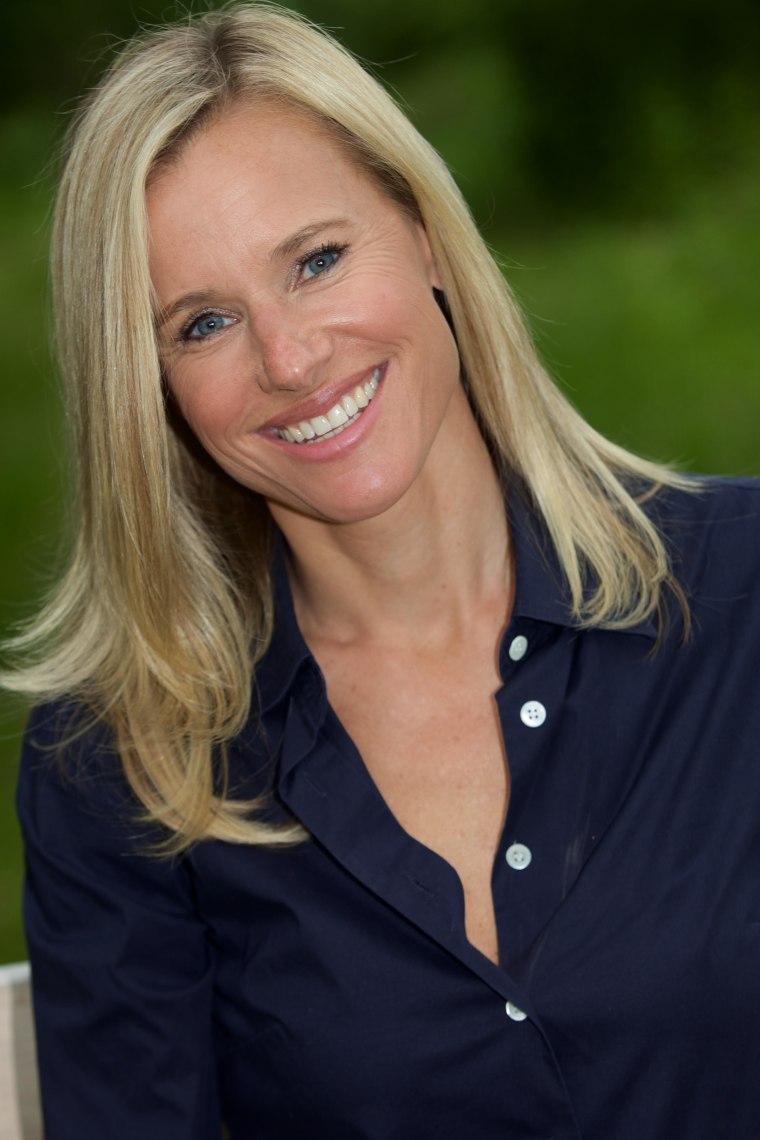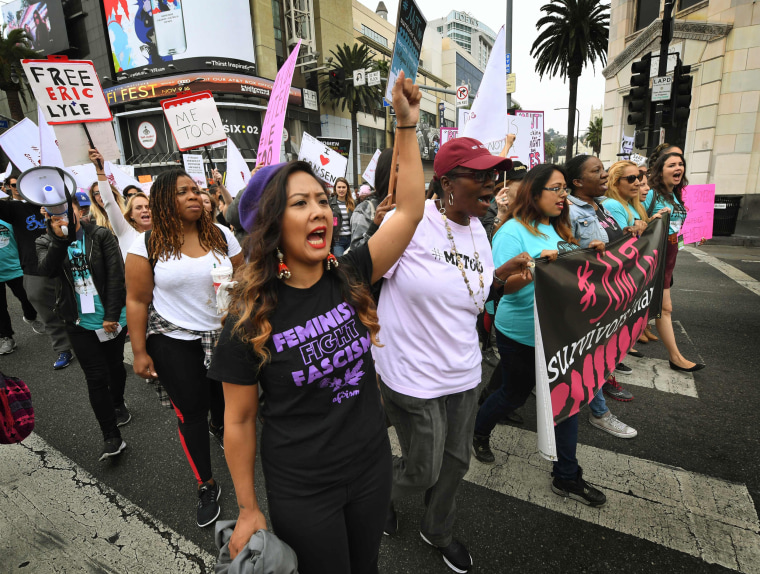We are living in a time of enormous change. And while it has been exciting for many, it has also been unsettling because with change comes disruption and leaving behind what we once knew in order to grow and evolve. The good news is that all of this change is making the workplace better all around; both men and women will benefit from the progress taking place.
This change is happening on three major fronts – technology, communication and people. What we are seeing with people specifically is the power of movements to shape discussions and alter behavior, most notably demonstrated by the #MeToo movement. While it officially started in 2007, it ignited in the fall of 2017 and swept into 2018 with a lot of momentum and impact.
Fueled by the perfect storm of the women’s march around Donald Trump’s inauguration, the exposure and fall of Harvey Weinstein followed by many others, and the voices that rose up, it spurred major changes in the workplace, which we saw firsthand in our coaching.
Last year was great for women in many ways. And while I want to acknowledge that there is still a very long way to go, a lot of ground was covered and here is what we saw.
We got a voice
The ability to talk freely about sexual discrimination issues was the first change we saw in the workplace and in coaching. Flagging issues with clients became imperative. For example, we asked if they would be criticizing a man for being “too aggressive,” “competitive” or “pushy,” as these adjectives are seen as positive in men but negative in women. Or we’d ask, “Are you giving your female colleagues the real feedback or are you holding back because they are women and it makes you uncomfortable.”

We asked why there were no women in senior positions or being considered in a promotion pool. While we still had to tread lightly in our questioning, we were allowed to say it out loud. Previously, these questions would have been dismissed or viewed as inappropriate and even threatening. The #MeToo movement opened both men and women’s eyes to seeing discrimination or considering it and made them feel more obliged to listen.
We asked for more
Along with this voice came louder questions on pay and job level inequity. Women’s courage to ask for raises, higher salaries and promotions grew while organizations became less emboldened when discriminating. Women more frequently rejected the usual advancement process of “doing the work first to prove yourself and then the title and pay will (hopefully) follow” – a process only women have had to endure when advancing in organizations.
And people openly pointed out all or majority male boards, C-suite teams, and executive level positions where women have not been allowed, encouraged or set up to succeed. In the past, this had been whispered about, but now it was said aloud by both men and women. We particularly saw millennials, who have an eagle eye for discrimination, speaking out. They were constantly flagging infractions that would not have even been considered an injustice in the past, sometimes to the chagrin of their veteran elder female colleagues, but to them were obvious and outrageous.
A more feminine workplace emerged
Next we saw the shift to a more feminine workplace. While this was subtle to anyone living inside it, it was a definite shift to those of us coaching from the sidelines (e.g. going in and out of different work environments). Here’s how it unfolded: first it showed up in how women dressed. Women continued to dress more feminine and in styles they liked. Looking like men in suits was out. Boring pant suits became more feminine or got replaced by dresses and all kinds of better and more fun options and accessories.
The workplace culture became more collaborative and with gentler communication. The masculine workplace style of command-and-control, suck it up and move on, aggressive language and talking at each other became more frowned upon. Men were given feedback to listen more, tone it down, collaborate more effectively and in general be more aware and sensitive of others. Women, who traditionally had been seen as “over-talkative” or too emotional or sensitive, in many cases were now seen as handling things appropriately. They were given feedback that they were team building, listening, and communicating with all parties effectively. In general, they were less ego-driven and more centered on helping the whole.
Women also became more willing to talk about motherhood and their families. Motherhood had been a real problem for women as it impacted their hirability, pay rate and opportunities for advancement. Often, they would diminish this aspect of their lives so as not to draw attention to it. But now women are out! They have pictures of their families on their desks and are more willing to discuss their lives at work.
Unconscious bias was called out
One of the biggest issues centered around how companies evaluated their workers, particularly the average or competent performer. This is the person who makes some mistakes, might not work really hard but has glimmers of hope. The bias called out was that average men are typically seen as fixable and encouraged to try harder and even given promotions on the hope that they will rise to the occasion.
On the other hand, average women are seen as unfixable, they are given less responsibility, marked as incompetent and discouraged. In the past, the norm was superstar women being promoted along with average men. That was considered advancement simply because the women got promoted at all. Everyone looked at the fact that a woman was promoted and while they knew she was over-qualified, they were happy it happened. Now they’re asking why the average women aren’t getting the same opportunity to grow and rise. They have potential too. Why do you have to be a super star to succeed as a woman?
Lastly, women have evolved into the breadwinners in their families and are not as afraid to talk about it and companies are starting to realize that women also “have mouths to feed.”
Looking Ahead
In 2019, we will see this progress continue. There may be some push back from people who wish it would “just go away” and there could be some big divides. But here is what we would like to see coming down the pike:
- Women set up for success in male work environments where traditionally it has been very hard for them to succeed.
- Women in senior positions being allowed to “swing for the fences,” take big risk like the men do, and not be fired if it doesn’t work.
- Stop analyzing women’s weaknesses and ignoring their strengths, especially at the senior level. Treat women like men, overlooking weaknesses to see their special talents.
- Women continuing to support each other and rise in these efforts, flagging unfairness and having each other’s backs even at the risk of a backlash.
While society and the workplace have been evolving over many years, we saw a more significant shift in 2018 after #MeToo went viral because women were not afraid to step out.
They found the courage to be themselves, to stand up for each other, to point out misgivings and unfairness and to march and speak about it with a stronger voice. There is still so far to go and so many women feel like nothing has even changed and in some cases they may be right! But we have seen major shifts and we finally feel the freedom to voice it.
Liz Bentley is the founder and president of Liz Bentley Associates, a consulting firm specializing in leadership development programs. She is a nationally recognized keynote speaker and executive coach to top leaders and teams across a broad range of industries.
